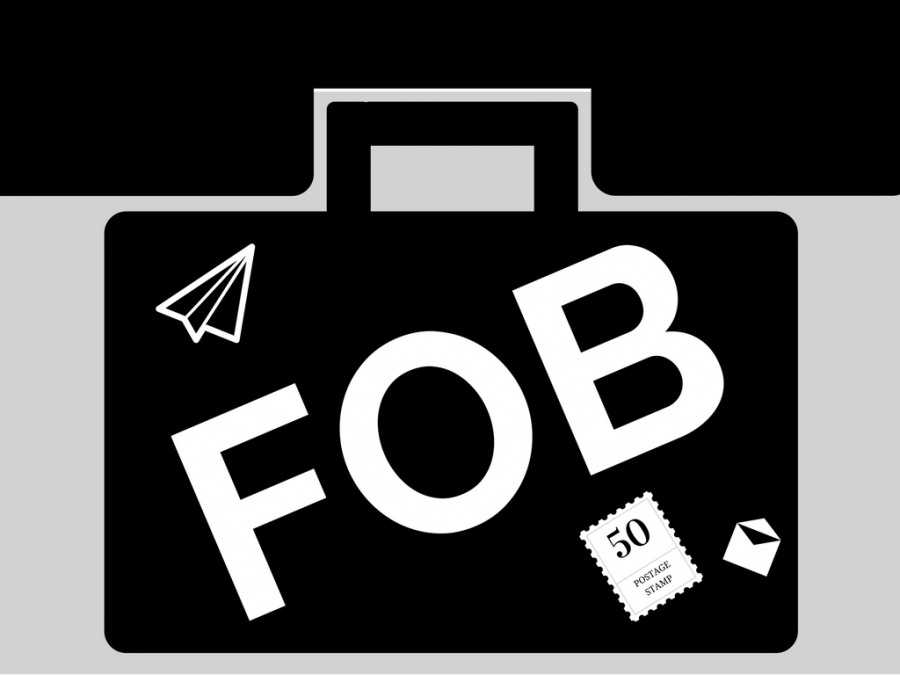Story written by Shriya Deshpande & Roshan Fernandez
Dusty streets with sugarcane juice stalls. Crowded temples with statues of Buddha. Small mom-and-pop shops with vivid, silk clothing. These are some of the places MVHS students have grown up in or frequently visited, and while they might not see them on a daily basis, embracing—or not embracing—their cultural background can define their identities. But at what point does embracing a culture become considered “fobby”?
The term “FOB,” or “fresh off the boat,” is normally used to describe a person, or an immigrant, who is new to a place, but has chosen to stick to their original culture instead of adapting to a new one. Interestingly, in our community, the word is often used by Asian-Americans to describe other Asians. While this may appear so because the majority of MVHS students are of Asian descent, it could also be because these Asian-American kids wish to feel more “American” and believe they can feel more so by pointing out others who are more open about their culture.
However, there are so many people who display their background openly simply because they wish to, and they are often unfairly labeled as “fobby.”
“Just because you embrace your culture a lot, doesn’t mean that you’re fresh off the boat,” freshman Arya Kondur said. “It just means that you are strongly influenced by certain aspects of your culture.”
Despite the word’s negative connotation, Kondur claims that he does not consider it to be an offensive term. When using an adjective like tall or thin or gray-haired, the adjectives are just that: descriptions that paint an image; it is the connotation of the word that defines whether it is an offensive word or not. For some students, being labeled as a FOB may not be considered offensive because it simply means that they are expressive of their culture while for others, it becomes an unnecessary label.
However, the true problem is the way that people identify someone who is a FOB. Stereotypes. An “Indian FOB” could be stereotyped as smelling like curry, eating traditional Indian food for lunch and wearing socks with sandals. An “Asian FOB” could be stereotyped as excelling in math, wanting to pursue STEM careers and being bad at driving. All of these descriptions are based on generalizations, and honestly, they’re racist.
It’s derogatory to call anyone a FOB based on their looks, their personality or their participation in specific cultural activities. Based solely on generalizations, it was created only to discriminate based on embodied cultures. And for another, how can someone be “too cultural?” Yes, some of us might be from cultures with elaborate silk outfits and sushi lunches. Yes, some of us might be bad drivers and wear crocs with socks. And yes, some of us might prioritize academics and watch movies from our local dialects. But these actions do not warrant negative descriptions, and we must learn to accept people for who they are and encourage them to continue their ethnic practices.








